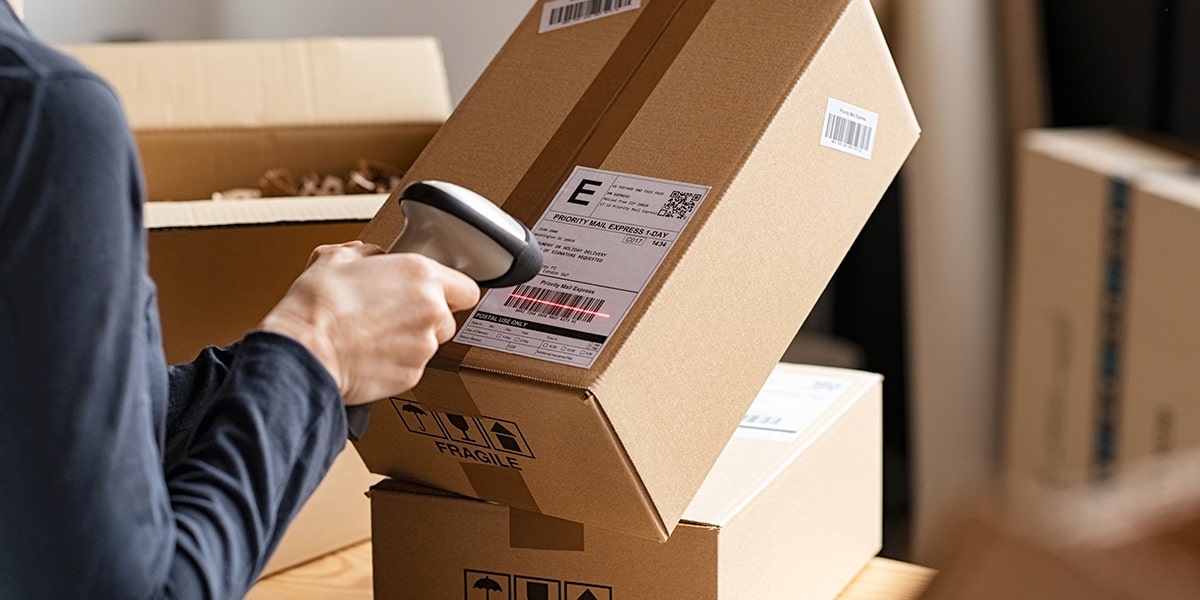Labeling Compliance Testing with Local Regulations
In today’s globalized market, compliance with local regulations is paramount. Packaging and labeling are critical components in ensuring that products meet the stringent requirements set by various national and international standards. This service focuses on providing comprehensive labeling compliance testing tailored to local regulations, helping businesses navigate complex regulatory landscapes without compromising product safety or consumer trust.
Our team of experts works closely with clients to understand their specific needs and challenges in meeting these regulatory expectations. We offer a range of tests that ensure your packaging labels comply with relevant standards such as ISO 216 (paper sizes), ASTM D4856 (plastics labeling requirements), and local regulations like those found in the European Union’s REACH or California’s Proposition 65. These tests cover everything from text clarity to hazardous substance warnings, ensuring that your products meet all necessary requirements.
One of the key aspects of our service is understanding how different markets have unique labeling standards. For instance, while some regions may prioritize allergen information prominently on labels, others might focus more heavily on recyclability symbols or country-specific warning statements. By conducting thorough testing according to these local regulations, we help you avoid costly recalls and fines associated with non-compliance.
Another crucial element of our labeling compliance testing is ensuring that your product’s label accurately represents the contents within it. This includes verifying all nutritional claims if applicable (as per FDA guidelines for food products), confirming ingredient lists match those declared on the package, and checking for any misleading information that could mislead consumers.
Moreover, we recognize that technology plays an increasingly important role in modern packaging solutions. QR codes, barcodes, RFID tags—these are just a few examples of innovations being integrated into packaging labels today. Our testing ensures these technologies function correctly and provide the intended information to consumers seamlessly.
To give you a clearer picture, here’s what typically goes into a comprehensive labeling compliance test:
- Verification that all required elements are present (e.g., manufacturer name, address, batch number).
- Evaluation of font size and readability according to specified standards.
- Check for accurate translation if the label is multilingual.
- Assessment of durability under various environmental conditions.
Why It Matters
Compliance with local labeling regulations is not just a legal requirement; it also plays a significant role in protecting both consumers and manufacturers. Properly labeled products enhance consumer safety by providing clear instructions on usage, potential allergens, or hazardous components. They contribute to reducing waste through correct recycling symbols, thereby promoting environmental sustainability.
From an operational standpoint, adhering to local labeling regulations can significantly reduce the risk of product recalls and associated costs. A single recall can be extremely expensive not only in terms of financial loss but also reputation damage, which can take years to recover from. By ensuring compliance upfront through rigorous testing, companies can avoid these pitfalls altogether.
Furthermore, local labeling regulations often reflect cultural sensitivities or health concerns unique to certain regions. For example, the EU’s REACH regulation aims to protect human health and the environment by restricting the use of chemicals harmful to both. Adhering to such stringent rules demonstrates a company's commitment to ethical business practices, which can enhance brand reputation among consumers who value these values.
Lastly, compliance fosters trust between businesses and their customers. When consumers see accurate information on product labels, they feel assured that the company takes responsibility seriously. This leads to higher customer satisfaction levels and stronger brand loyalty, ultimately driving sales growth and market share expansion.
Customer Impact and Satisfaction
- Avoiding legal penalties: By ensuring all labeling complies with local regulations, companies can avoid hefty fines imposed by regulatory bodies.
- Enhancing consumer trust: Clear, accurate labels build confidence in your brand and increase customer satisfaction.
- Facilitating smoother import/export processes: Properly labeled products are less likely to face delays at customs checkpoints or be rejected during inspections.
- Promoting sustainable practices: Labels that encourage recycling or proper disposal contribute positively towards environmental sustainability efforts, aligning with global trends and policies.
Competitive Advantage and Market Impact
In today’s competitive marketplace, being able to navigate complex regulatory landscapes efficiently can be a significant differentiator. Companies that consistently meet local labeling requirements demonstrate their commitment to quality, safety, and ethical business practices. This not only sets them apart from competitors but also opens up new market opportunities.
For instance, businesses operating internationally benefit greatly from our services as they ensure consistency across all markets without needing extensive modifications for each one individually. This allows them to focus more on innovation rather than regulatory compliance challenges.
Additionally, companies that proactively address labeling issues before they arise tend to enjoy better relationships with distributors and retailers. They are seen as reliable partners who understand the importance of maintaining high standards throughout the supply chain.
The long-term impact extends beyond immediate gains; it contributes significantly towards building a strong foundation for future growth and expansion into new territories. As markets continue to evolve, those who stay ahead by adhering strictly to local regulations will likely see increased market share and profitability over time.





